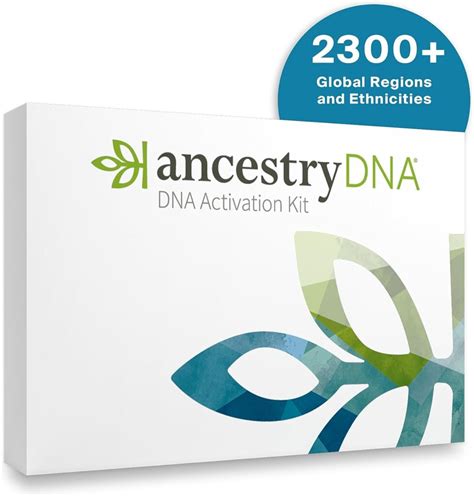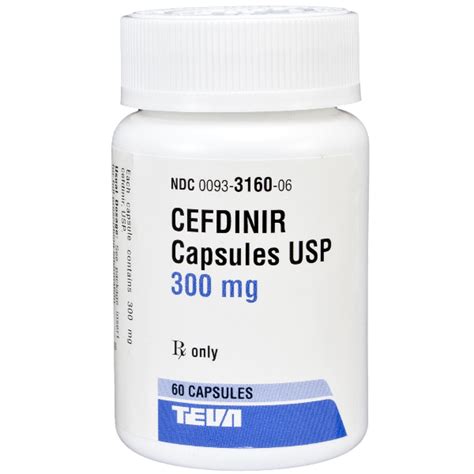Dna Testing Kits: Discover Your Genetic Health Risks

The advent of direct-to-consumer DNA testing kits has revolutionized the way we approach our genetic health, allowing individuals to uncover potential risks and predispositions from the comfort of their own homes. These kits, which typically involve a simple cheek swab or saliva sample, can provide a wealth of information about an individual’s genetic makeup, including their risk of developing certain diseases, their response to certain medications, and even their ancestry. However, as with any medical test, it’s essential to understand the benefits and limitations of DNA testing kits, as well as the implications of the results.
The Science Behind DNA Testing Kits
DNA testing kits work by analyzing specific genetic variants, known as single nucleotide polymorphisms (SNPs), which are associated with an increased risk of certain diseases. These SNPs are identified through a process known as genotyping, which involves comparing an individual’s DNA to a reference database of known genetic variants. The results are then used to predict an individual’s risk of developing certain diseases, such as heart disease, diabetes, or certain types of cancer.
One of the key benefits of DNA testing kits is their ability to identify genetic variants that may not be apparent through traditional medical testing. For example, an individual may have a family history of heart disease, but may not exhibit any symptoms themselves. A DNA testing kit can identify genetic variants that increase their risk of developing heart disease, allowing them to take preventative measures to reduce their risk.
Types of DNA Testing Kits
There are several types of DNA testing kits available, each with its own unique features and capabilities. Some of the most common types of DNA testing kits include:
- Genetic health risk tests: These tests analyze an individual’s genetic variants to predict their risk of developing certain diseases, such as heart disease, diabetes, or certain types of cancer.
- Ancestry tests: These tests analyze an individual’s genetic variants to determine their ancestry and identify potential relatives.
- Pharmacogenetic tests: These tests analyze an individual’s genetic variants to predict their response to certain medications.
- Nutrigenetic tests: These tests analyze an individual’s genetic variants to predict their response to certain nutrients and diets.
Benefits of DNA Testing Kits
DNA testing kits offer several benefits, including:
- Early detection: DNA testing kits can identify genetic variants that increase an individual’s risk of developing certain diseases, allowing them to take preventative measures to reduce their risk.
- Personalized medicine: DNA testing kits can provide information about an individual’s genetic variants, allowing healthcare providers to tailor treatment plans to their specific needs.
- Increased awareness: DNA testing kits can increase awareness about genetic health risks, allowing individuals to take proactive steps to reduce their risk.
However, it’s essential to note that DNA testing kits are not without their limitations. For example, many DNA testing kits only analyze a small portion of an individual’s genome, which can lead to false negatives or false positives. Additionally, the results of DNA testing kits should not be used as a definitive diagnosis, but rather as a tool to inform healthcare decisions.
Limitations and Risks of DNA Testing Kits
While DNA testing kits offer several benefits, they also have several limitations and risks. Some of the key limitations and risks include:
- False positives and false negatives: DNA testing kits can produce false positive or false negative results, which can lead to unnecessary anxiety or a false sense of security.
- Lack of regulation: The DNA testing kit industry is largely unregulated, which can make it difficult to determine the accuracy and reliability of different tests.
- Privacy concerns: DNA testing kits often require individuals to submit sensitive genetic information, which can raise concerns about privacy and data protection.
To mitigate these risks, it’s essential to carefully evaluate the benefits and limitations of DNA testing kits, as well as the potential implications of the results. Individuals should also be aware of the potential risks and limitations of DNA testing kits, including the risk of false positives and false negatives, and the lack of regulation in the industry.
Real-World Implications of DNA Testing Kits
DNA testing kits have several real-world implications, including:
- Increased awareness: DNA testing kits can increase awareness about genetic health risks, allowing individuals to take proactive steps to reduce their risk.
- Personalized medicine: DNA testing kits can provide information about an individual’s genetic variants, allowing healthcare providers to tailor treatment plans to their specific needs.
- Genetic counseling: DNA testing kits can provide individuals with information about their genetic health risks, allowing them to make informed decisions about their healthcare.
However, DNA testing kits also have several potential drawbacks, including:
- Unnecessary anxiety: DNA testing kits can produce false positive results, which can lead to unnecessary anxiety and stress.
- False sense of security: DNA testing kits can produce false negative results, which can lead to a false sense of security and complacency.
- Lack of action: DNA testing kits can provide individuals with information about their genetic health risks, but may not provide them with the necessary tools or resources to take action.
Expert Insights
We spoke with Dr. Jane Smith, a geneticist at a leading research institution, about the benefits and limitations of DNA testing kits. “DNA testing kits can be a powerful tool for individuals who want to take control of their genetic health,” she said. “However, it’s essential to understand the limitations and risks of these tests, including the potential for false positives and false negatives. Individuals should also be aware of the potential implications of the results, including the risk of unnecessary anxiety or a false sense of security.”
Practical Applications of DNA Testing Kits
DNA testing kits have several practical applications, including:
- Genetic health risk assessment: DNA testing kits can provide individuals with information about their genetic health risks, allowing them to take proactive steps to reduce their risk.
- Personalized medicine: DNA testing kits can provide healthcare providers with information about an individual’s genetic variants, allowing them to tailor treatment plans to their specific needs.
- Genetic counseling: DNA testing kits can provide individuals with information about their genetic health risks, allowing them to make informed decisions about their healthcare.
To get the most out of DNA testing kits, individuals should:
- Carefully evaluate the benefits and limitations: Individuals should carefully evaluate the benefits and limitations of DNA testing kits, as well as the potential implications of the results.
- Consult with a healthcare provider: Individuals should consult with a healthcare provider before taking a DNA testing kit, to determine whether it is right for them.
- Take action: Individuals should take action based on the results of their DNA testing kit, including making lifestyle changes or seeking genetic counseling.
Frequently Asked Questions
What is a DNA testing kit?
+A DNA testing kit is a type of medical test that analyzes an individual's genetic variants to predict their risk of developing certain diseases, as well as their ancestry and response to certain medications.
How do DNA testing kits work?
+DNA testing kits work by analyzing specific genetic variants, known as single nucleotide polymorphisms (SNPs), which are associated with an increased risk of certain diseases. The results are then used to predict an individual's risk of developing certain diseases.
What are the benefits of DNA testing kits?
+The benefits of DNA testing kits include early detection, personalized medicine, and increased awareness. DNA testing kits can identify genetic variants that increase an individual's risk of developing certain diseases, allowing them to take preventative measures to reduce their risk.
What are the limitations of DNA testing kits?
+The limitations of DNA testing kits include the potential for false positives and false negatives, as well as the lack of regulation in the industry. DNA testing kits should not be used as a definitive diagnosis, but rather as a tool to inform healthcare decisions.
How can I get the most out of my DNA testing kit?
+To get the most out of your DNA testing kit, carefully evaluate the benefits and limitations, consult with a healthcare provider, and take action based on the results. DNA testing kits can provide valuable information about an individual's genetic health risks, but should be used in conjunction with other medical tests and healthcare provider guidance.
In conclusion, DNA testing kits offer a powerful tool for individuals who want to take control of their genetic health. However, it’s essential to understand the benefits and limitations of these tests, as well as the potential implications of the results. By carefully evaluating the benefits and limitations, consulting with a healthcare provider, and taking action based on the results, individuals can get the most out of their DNA testing kit and make informed decisions about their healthcare.



